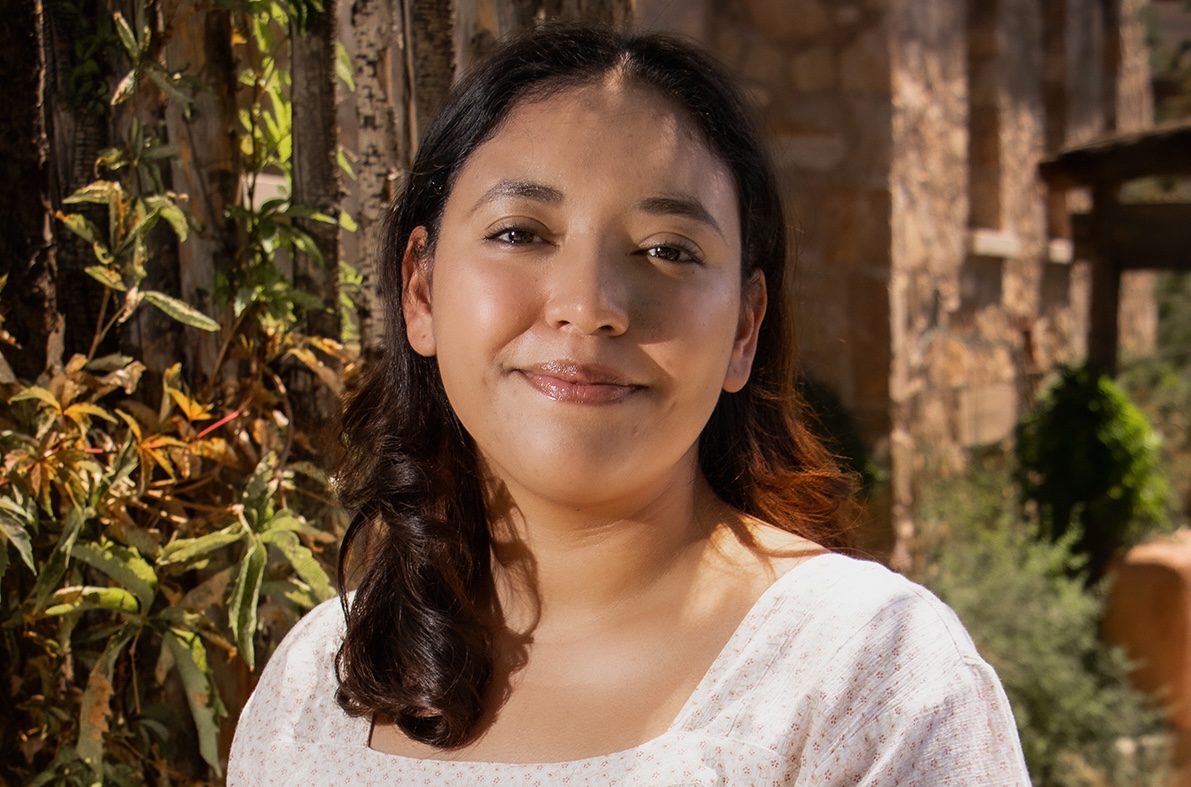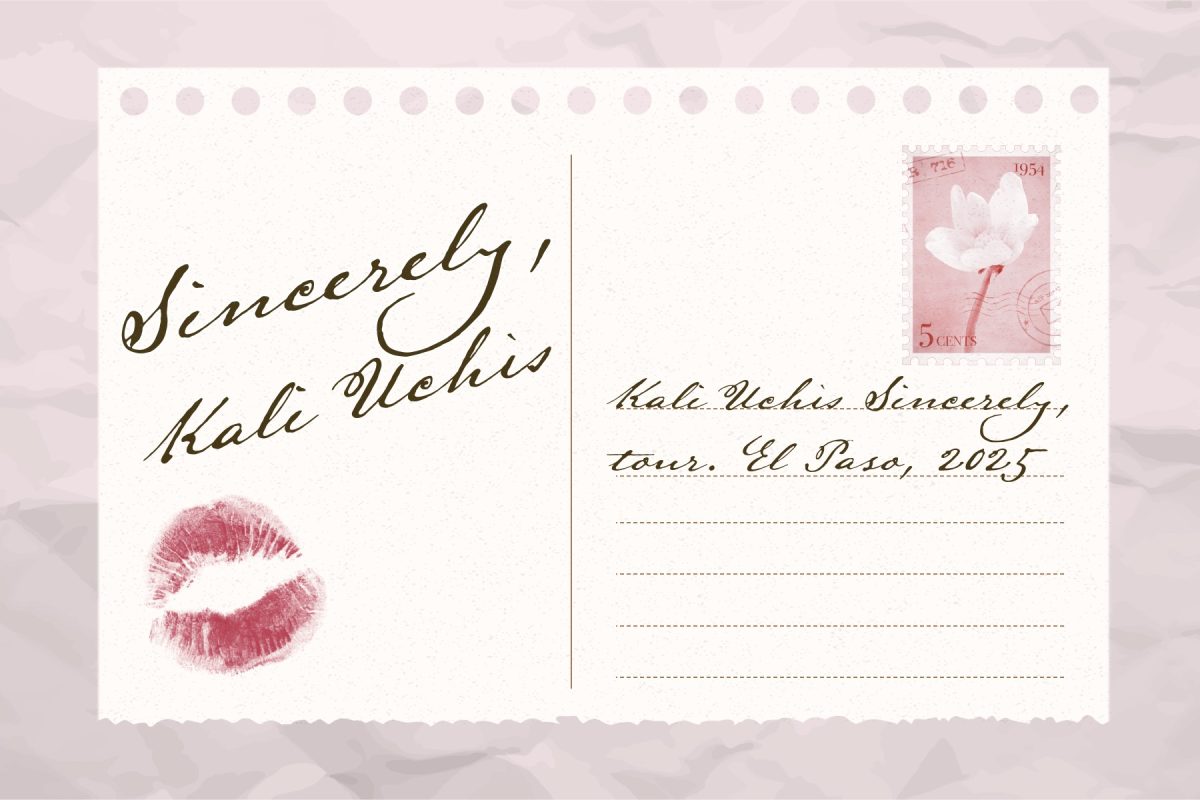While here in Washington, D.C. for an internship, I was fortunate enough to attend the College Media Association Conference in New York City. It is aimed toward multimedia journalists, reporters, photographers and all types of writers and editors.
As a journalist, the conference helped me mold my niche and figure out a more conceptualized route of how I would like to build my career. As a college student, it was eye-opening, but it shouldn’t have been.
Writing is inevitable. It’s everywhere. From note-taking and writing essays to simply texting our friends, we seem to always be writing. What isn’t inevitable, it seems, is writing adequately. Somewhere between high school graduation and our most recent university final, we seem to have forgotten the essential tools of writing, writing correctly.
I went to a workshop titled “How to Improve your writing instantly.” I won’t bore you with all the journalistic hogwash, but I thought one thing did apply to all of us college students: know exactly what you are saying.
The speaker, Paige Clancy, made great emphasis on punctuation and grammar. Yes, these aspects of writing might seem rudimentary, but they are often forgotten. Take this for instance: writing ‘let’s eat grandma’ is not the same as ‘let’s eat, grandma.’ A simple comma and the sentence takes on a whole different meaning.
As college students, this should be obvious. So why was she addressing it as a writing issue?
“They’re in college, they’re supposed to know the difference. It’s their duty,” Clancy said.
She pointed out statistical proofs that college students are among the worst at grammar and punctuation errors. But why? At the top of the blaming ladder is none other than our beloved friend, social media.
Social media has deprived us all of actual reading, which ultimately ties in with actual writing. There doesn’t seem to be an embedded set of rules when it comes to constructing sentences in media, such as Instagram or Facebook. Everyone will get what you intend to say, but that is a huge fallacy. This is making us into lousy writers.
We think the way we see things on-screen is acceptable on paper, too. Through social media, we seem to be the generation that is constantly communicating. However, how efficient and successfully we communicate is an entirely different story.
I should point out that as a journalist, writing is supposed to be, at least should be, our expertise. By no means am I the best writer, but I do want my writing to be taken seriously. That is why I attended the workshop.
You, too, should want to be taken seriously as college writers. It’s what we do every single day when we come to school. Imagine how much more you’ll be obtaining from your education if you focus on improving your writing skills. You would read things more accurately, and in return, know the material better. Plus, I’m sure none of us want our professors to perceive us as inept, illiterate idiots.
My challenge for all of you is to focus a little bit more on your writing techniques. Take a tutorial, read more, have someone edit your notes and essays. And when you are communicating through text or social media, take grammar and punctuation into consideration. It’ll spill over into your writing.
It’s your education and you’re in charge. You’ll thank yourself one day.
Jose Soto may be reached at [email protected].






